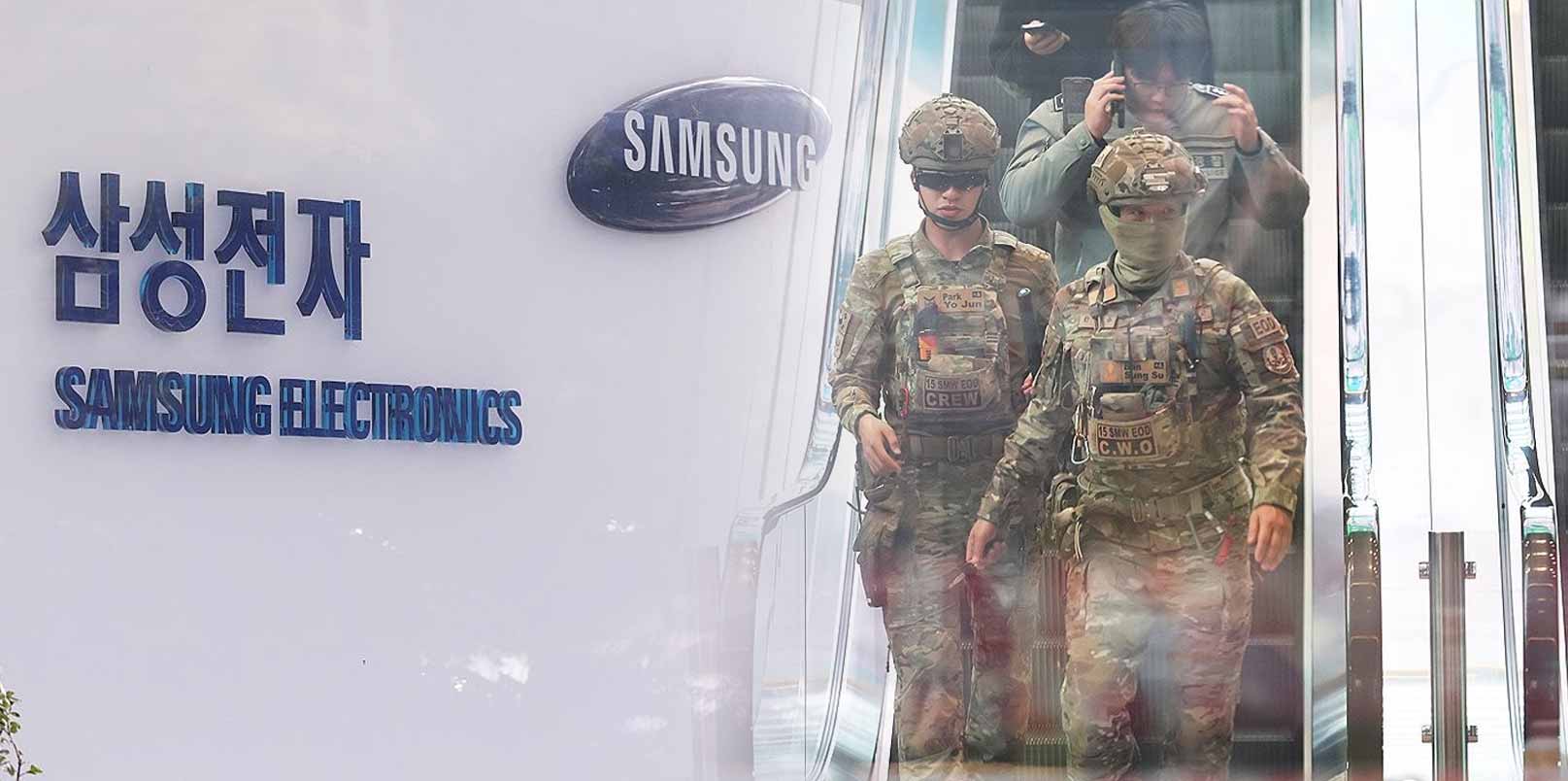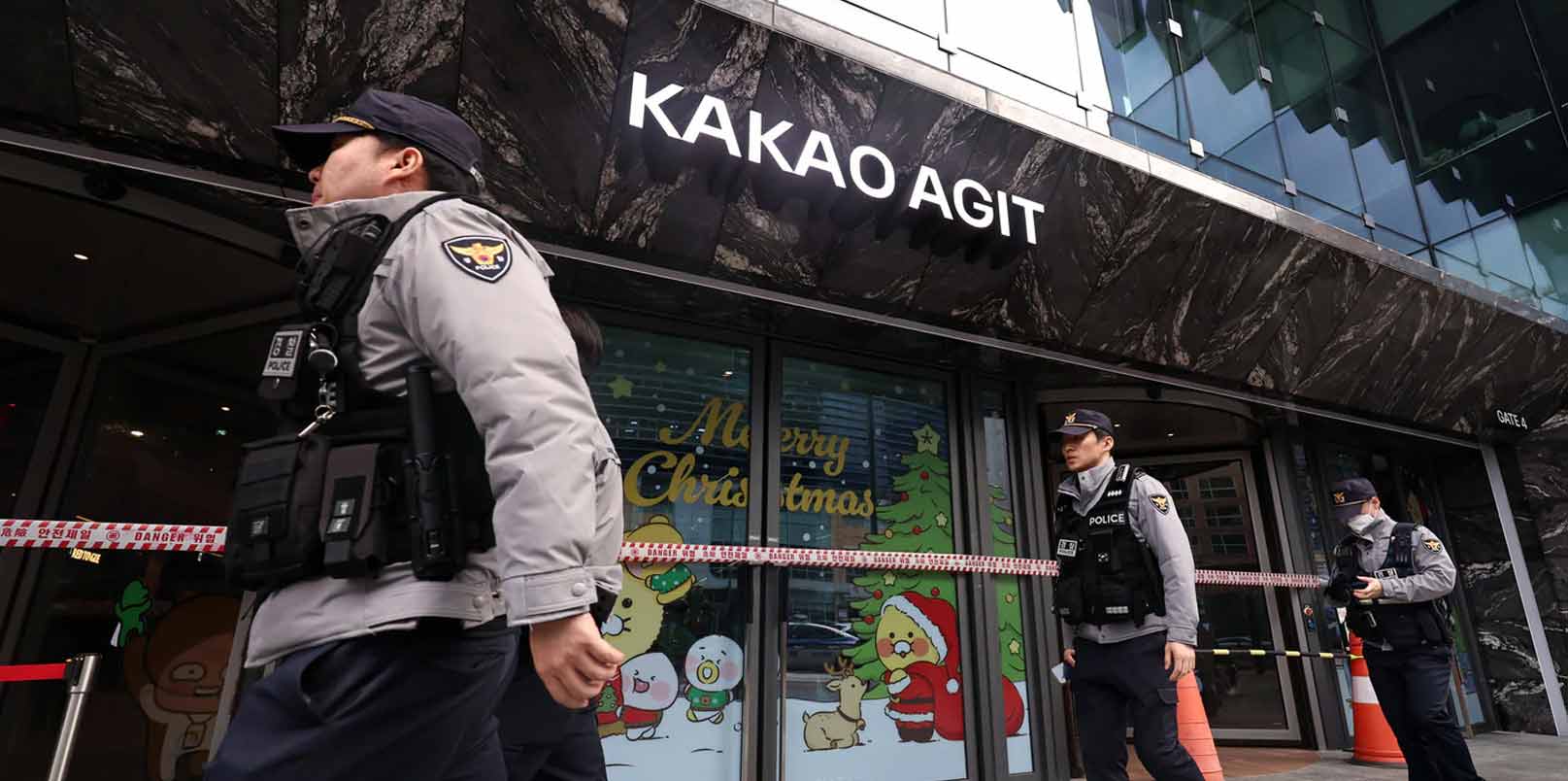South Korea is an emerging land for startups, and its “Silicon Valley” is the sprawling, state-of-the-art campus of Pangyo Techno Valley. The place is a hotbed for startups and businesses located in Pangyo, Seongnam, Gyeonggi Province, South Korea.
The complex covers an area of about 661,000 m2 and focuses on information technology, biotech, cultural technology, and fusion technology. The site has been developed to foster innovation and collaboration between startups, established companies, and research institutions. It is home to over 1,200 technology companies, including major Korean companies such as Samsung, LG, and SK Telecom.
Since its opening in 2011, the valley has grown into a major player in the Korean startup scene, attracting entrepreneurs and investors worldwide. The Pangyo Techno Valley’s success can be attributed to its diverse fields and businesses, which allow for maximized growth potential and exchange between companies. The government of Gyeonggi Province also supports the valley through various policy measures such as tax cuts, low-interest loans, and infrastructure expansion. The Pangyo Techno Valley has become an innovation hub, creating new jobs and fostering technology startups.

Over 1300 companies are based in the Pangyo Techno Valley, generating over 77.4 trillion won ($58 billion) in sales. In 2017, the valley accounted for 22 percent of the province’s gross domestic product. This growth has been made possible by the Shinbundang Line and various other transportation links, which have made the valley easily accessible to Seoul and other adjacent knowledge-based infrastructure clusters in the province.
Pangyo Techno Valley is the type of environment where SMEs and startups can mutually exchange information with high-tech technology research institutes and large global companies. This hub aims to merge different industrial sectors, mostly within information and communications technology, to create new business opportunities and foster the growth of startups. Born2Global Center reports that Korea’s top 60 startups and the K-Global 300 startups are all located in the Pangyo Startup Campus.

World-Class Facilities & expansions
Startups in the Pangyo Techno Valley has access to world-class facilities, including direct research facilities, research developing facilities, specialized graduate schools, and job training centers. The valley also has a Global R&D center that provides conference and education rooms, and a parking lot that covers 21,716 m2.
The success of the Pangyo Techno Valley has led to the construction of a second and a third valley. The second Pangyo Techno Valley covers about 425,760 m2, with the first phase completed in December 2019 and the second phase in June 2019. The thirdPangyo Techno Valley will be built on a 583,581 m2 site in Geumto-dong, Seongnam, Gyeonggi, and it is expected to be implemented by 2022.
Startups in the Pangyo Techno Valley have access to a range of resources and expertise, making it an ideal location for entrepreneurs looking to launch their businesses. The valley has attracted a range of companies, including AhnLab Inc, CHA group consortium, Gabia Inc, Kakao, Nexon, Paymentwall, SK-Chemical, SK Planet, and YURA corporation.
Modern Technology Hub

One of the unique features of Pangyo Techno Valley is the government’s focus on developing the AI industry in Korea. Pangyo Techno Valley has formed an AI cluster to help AI startups in Korea go global, bringing global AI startups to Korea. The goal is to convert Pangyo Techno Valley into an innovative AI cluster that connects to ICT and biotechnology. Gwangju Metropolitan City has pledged to invest over $330 million in the next five years to create an AI-based scientific technology startup complex.
In addition to the AI cluster, Pangyo Techno Valley is also home to an AI-based self-driving center. The center is the hub for Korean startups researching, developing, and testing autonomous driving and 5G technology. Currently, self-driving cars are being tested on the public roads of Pangyo, and a Korean company is expected to achieve a level 5 autonomous driving level this year. Pangyo Techno Valley is also the center of major Korean gaming companies like NCsoft, Nexon, and Korea’s top telecom company Kakao.
Universities & Accelerators
Pangyo Techno Valley is also home to several universities specializing in teaching and developing AI technology. KAIST, the top technical institute in Korea, has set up an industry-university collaboration center in Pangyo. Korea University and Sungkyunkwan University have been selected to run government-funded graduate schools focusing on AI technology.
The Korean government plans to invest $8 million for the next five years to support these three universities. After conducting performance evaluations, they plan to invest a combined $16 million in the next ten years.
The Global Acceleration Center for Startups (GBSA) in Pangyo Techno Valley is also a unique area feature. The Xinova-GBSA program aims to help startups in Korea enter the global market by leveraging their extensive worldwide network and open innovation model to help startups go global and connect them with collaborative partners.
3rd Pangyo Techno Valley by 2029
Gyeonggi Province unveiled the blueprint for the “3rd Pangyo Techno Valley” promoted with the Gyeonggi Housing and Urban Innovation Corporation (GH).
The vision is to launch an Integrated Public-Private Knowledge Industry Center 73,000 square meters of land with a total area of 500,000 square meters. It will also house supplied 1,000 public dormitories. The main the aim of the project is to continue the success story of the “1st and 2nd Pangyo Techno Valley” and attract more global companies.
![A bird's-eye view of the 3rd Pangyo Techno Valley [provided by Gyeonggi Province]](http://www.koreatechdesk.com/wp-content/uploads/2023/04/news-p.v1.20240131.c3008b36e39849bea3a30047a9ef8724_P2.png)
The annual sales of the first and second Pangyo Techno Valley are 168 trillion won, surpassing the GRDP of 104 trillion won in Incheon and Busan, but it is pointed out that the demand for work space continues to increase, and the lack of urban vital facilities makes it difficult for the first-timers to get close to work. In order to overcome these problems, Gyeonggi Province announced that it will create the 3rd Pangyo Techno Valley under four themes: Jik (職), Joo (住), Rock (樂), and Hak (Study).
K-Startup Grand Challenge at Pangyo Techno Valley

Every year the K-Startup Grand Challenge (KSGC), South Korea’s ace accelerator program for global startups, is held at the Pangyo Techno Valley campus. The campus provides an apt environment where SMEs and startups can exchange information with high-tech research institutes and large global companies.
This hub aims to merge different industrial sectors, mostly within information and communications technology, to create new business opportunities and foster the growth of startups. Born2Global Center reports that Korea’s top 60 startups and the K-Global 300 startups are located in the Pangyo Startup Campus.
The Startup Campus in Pangyo is within walking distance of many of Korea’s top tech companies, and just a 14-minute subway ride away from the famous Gangnam district of Seoul.
With its thriving ecosystem of startups, investors, and resources, the Pangyo Techno Valley has cemented its position as a leading hub for innovation in Korea. As the valley continues to grow, it will undoubtedly attract more entrepreneurs and investors, making it a top destination for startups in the region.
For inquiries and connections with Korean tech companies mentioned in this article, contact us at [email protected]. We’re here to facilitate valuable partnerships.
Also Read,
- Korean startup InDJ app provides users K-Pop music playlist based on mood & situation
- K-Pop music copyright trading platform Musicow accelerates the process of entering US markets
- CJ Entertainment enters partnership with STAYGE Labs to launch K-Pop music platform in 2022
- Korean startup’s unique ‘Music Serial’ platform CeREELS that combines storytelling & songs
Keep tab on latest news in the Korean startup ecosystem & follow us on LinkedIN, Facebook, and Twitter for more exciting updates and insights.






